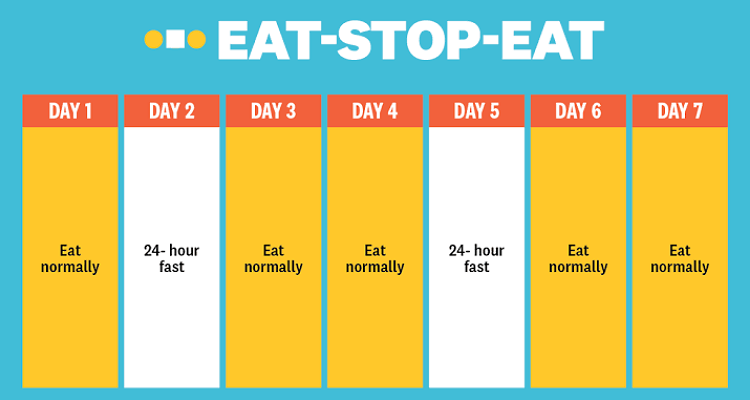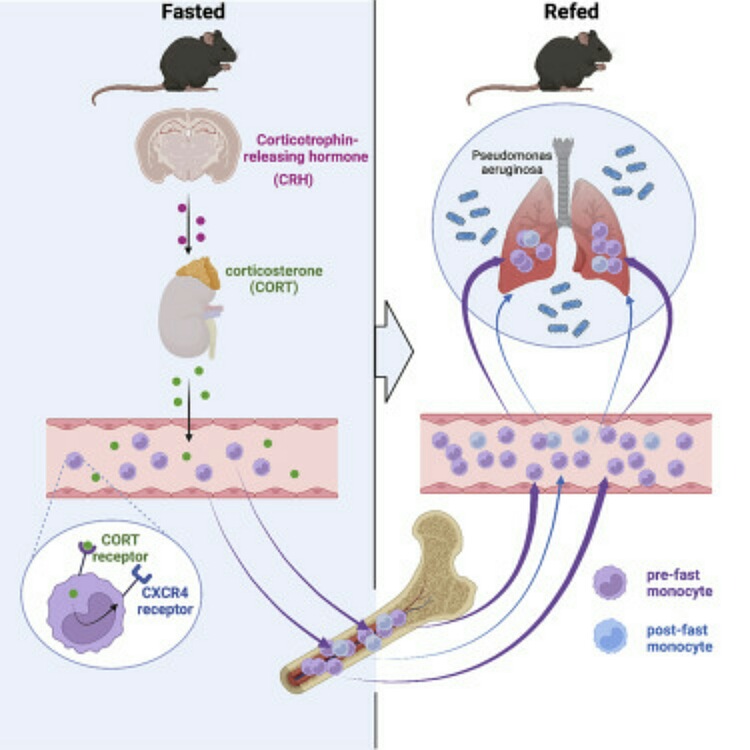Fasting diets have been hailed for centuries in some old cultures of the world for health and weight loss reasons. This got adopted by the Westerners too. But do they have scientific evidence behind them? And a new mice study has shown that these diets can adversely affect the immune function of the body.
Fasting diets and health claims
Fasting diets are inspired from some old cultures of the world. There are claims that it helps in weight management and has health benefits. Some advocates of these diets state that they lower blood pressure and improve heart health. This diet can rejuvenate the body and even detoxify, as per the claims. It can control blood sugar and blood bad cholesterol. Celebs and social media influencers also endorse them. But all these claims lack reliable scientific backing.

Many fad diets that are promoted for weight loss have calories restrictions and fasting as the primary mechanism to shed the extra pounds. There is twelve to sixteen hours of daily fasting advised in order to reap its benefits. Eating is restricted to a mere twelve or eight hours of window period daily respectively in these diets. One might lose weight with it but a new animal study published in journal Immunity has revealed that these diets can adversely affect our immune system.
The study detail and findings
The researchers grouped the mice into two groups: one group had breakfast immediately on waking up while the second group skipped the breakfast. Blood samples were collected of all these mice at waking up, and four and eight hours later. The number of white cells (monocytes) were analyzed in these collected blood samples.
The study showed that in non-fasting mice, there was no change in these immune cells in the blood. But in the fasting group, there was a drop of 90% in these cells at 4 hours. Further decline was seen at 8 hours. These cells went back to the bone marrow to hibernate and they diminished the synthesis of new monocytes there.

After twenty four hours of fasting when these fasting mice were fed food, these monocytes rushed back to the blood. But instead of helping to fight infection, they caused an inflammatory response that was detrimental.
Opinion of authors
Read here: University of Tennessee study: Intermittent fasting predisposes to early death!
The main study author, Filip Swirski, who is the director of the Cardiovascular Research Institute at Icahn School of Medicine at Mount Sinai, in New York stated:
“There is a growing awareness that fasting is healthy, and there is indeed abundant evidence for the benefits of fasting.”
“Our study provides a word of caution as it suggests that there may also be a cost to fasting that carries a health risk.”
“This is a mechanistic study delving into some of the fundamental biology relevant to fasting.”
“The study shows that there is a conversation between the nervous and immune systems.”

He added:
“Because these cells are so important to other diseases like heart disease or cancer, understanding how their function is controlled is critical.”
Fasting induces a stress response that makes people hangry (hungry plus angry).
